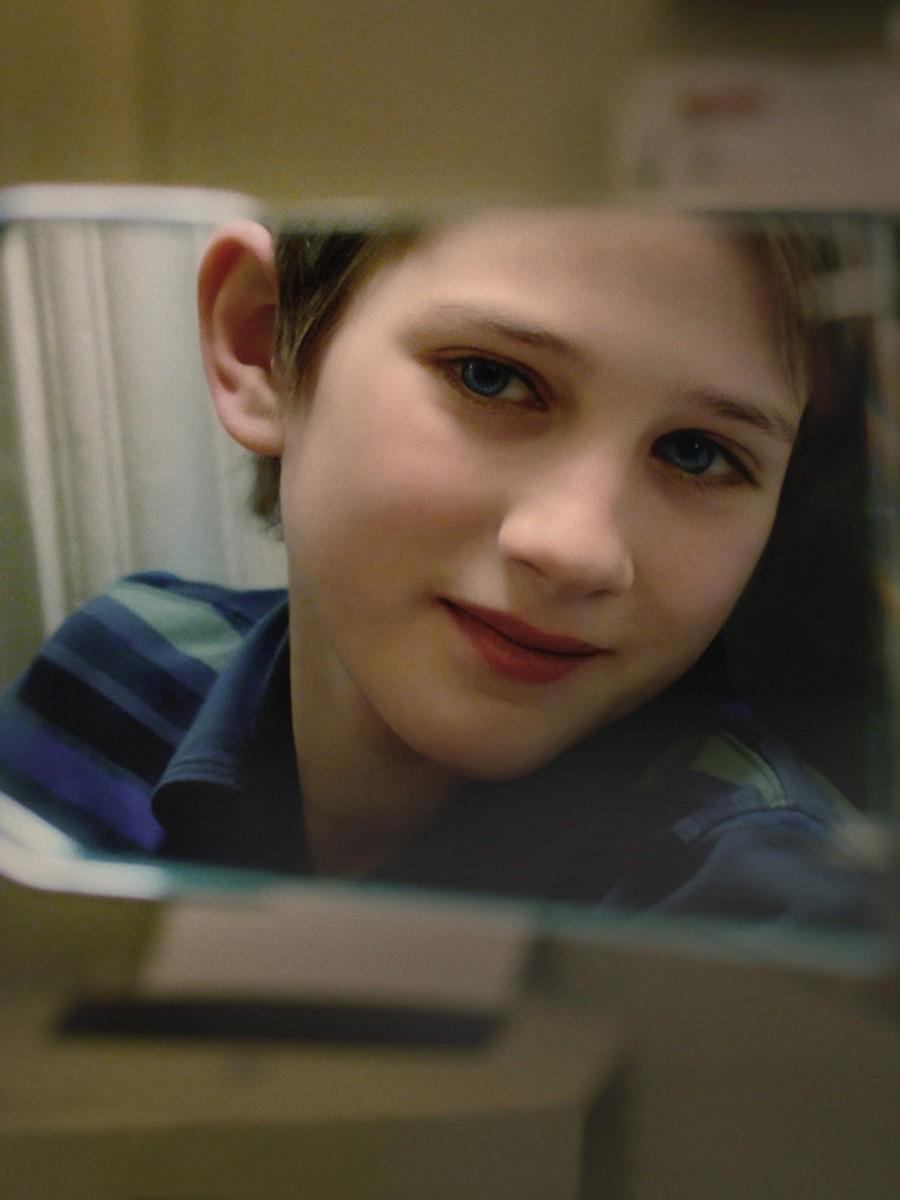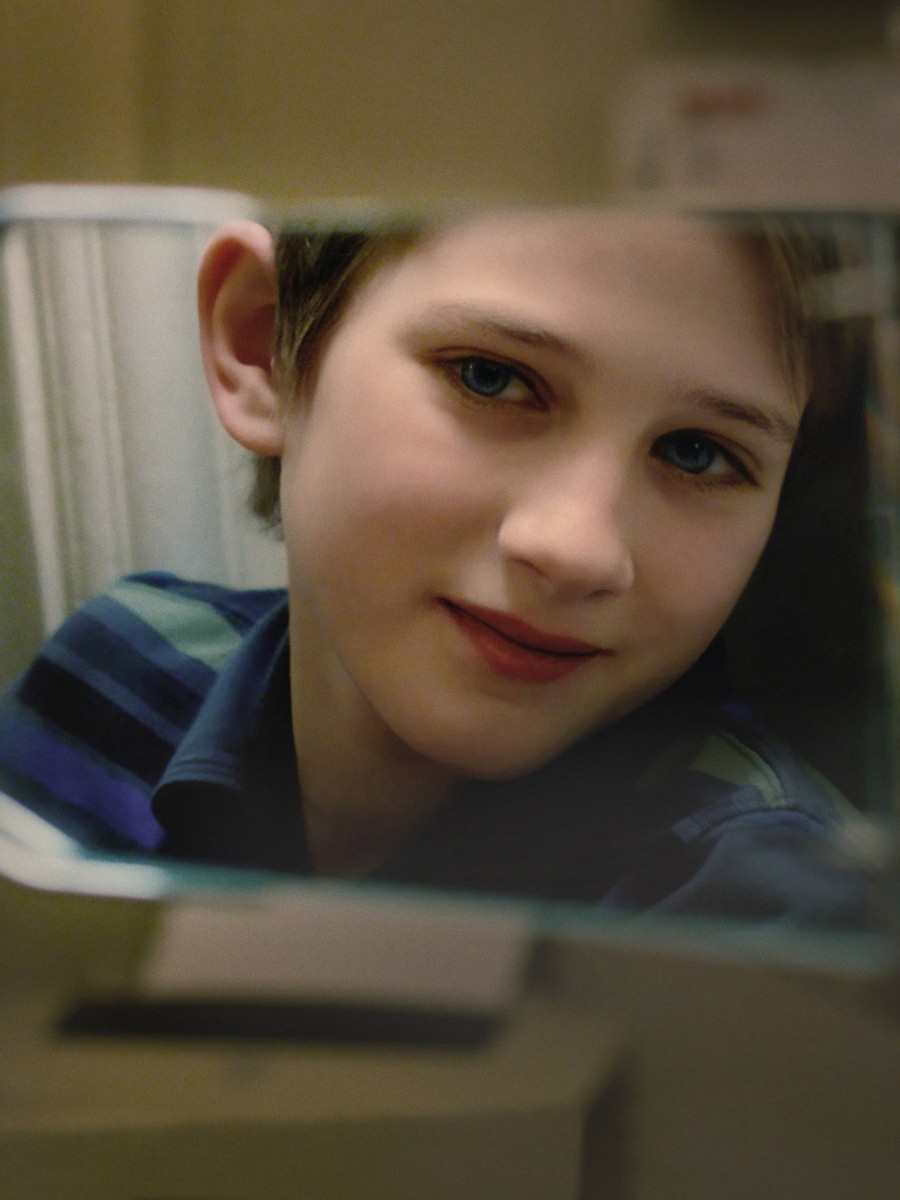Using the events of 9/11 as a narrative device involves walking a very fine line in taste and the risk of unearned emotion. It’s very easy to set a lazy story against those tragic events and hope that the heartbreaking resonance of that September morning will carry the remainder of the movie. Billy Elliot director Stephen Daldry has no such worries because he is adapting Jonathan Safran Foer’s novel, so a plot that clearly works on the page is in place. So why on earth is Extremely Loud and Incredibly Close so extremely dull and incredibly soulless?
Nine-year-old Oskar Schell (Thomas Horn) is an inquisitive child; he often shares intelligent exchanges with his father, Thomas (Tom Hanks), with each trying to outdo the other with riddles and fact. It’s a relationship cruelly ended by his father’s meeting on the upper floors of the World Trade Center on September 11th 2001, but one which carries on into Oskar’s life because of a mysterious key which his father has left behind. Intent on keeping his dad’s memory alive for as long as possible in light of the deteriorating relationship with his mother (Sandra Bullock), he sets out on a mission to find the lock.
For a film such as this to succeed – one with the type of slow-paced twinkly piano music to indicate sadness over the opening credits – it has to have involving and likeable characters in order to make their emotional turmoil strike a chord with the viewer. But despite some fleeting moments that work solely thanks to Tom Hanks’s effortless charm, this is an unintentionally emotionally detached film.
It feels the cruellest of criticisms to blame the child actor. But on this occasion and with the entire film resting on his shoulders, young Thomas Horn is, through no fault of his own (possibly mis-direction from Daldry), a horrible little creation. Whether it’s the misjudged melancholic voiceovers that are too incoherent and cold to work, or his penchant for spewing out streams of shouty dialogue, Oskar is too irritating for you to want to stick with him for his haphazard and frankly annoying journey.
Those who cross his path and put up with his pushy personality don’t fare much better. Hanks and Bullock are pressed too far to the periphery that their inclusion is quite redundant; Bullock in particular is given so little to do that her final reel prominence is emotionally superfluous. Max Von Sydow is also a loose plot-thread, given no dialogue whatsoever and shuffled out of the film as quickly as he arrives.
Anytime the drama works it is based solely on your own reactions to 9/11 rather than anything unfolding onscreen, and perhaps the most praiseworthy aspect of the film is the way in which the Daldry keeps the more sensationalist moments in the background: distressed phone calls and fire engines help to emphasise that this is one boy’s story set against a tragic backdrop.
There are flecks of beauty, but a film that begins with Tom Hanks falling slowly from one of the towers was always going to be a hard-sell, and this ultimately leaves you cold and frustrated when the intention was clearly uplifting hope.






